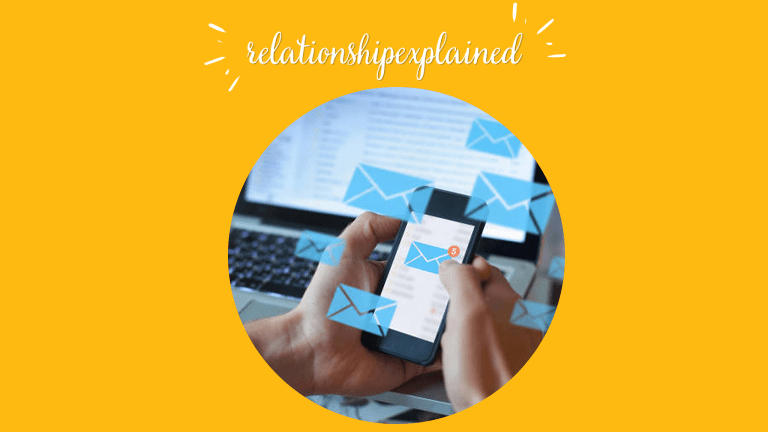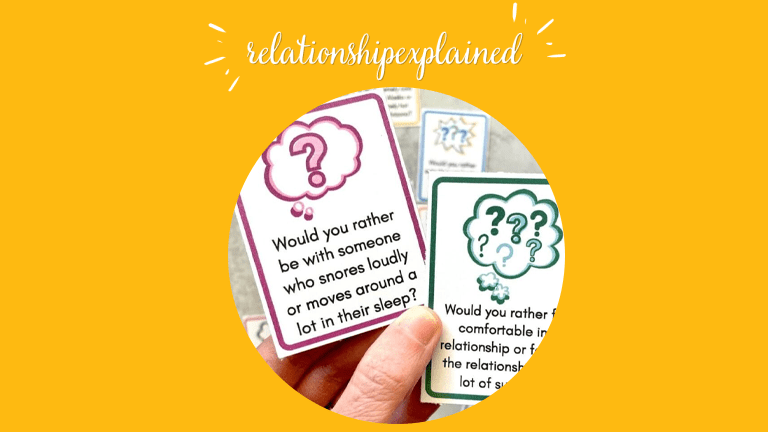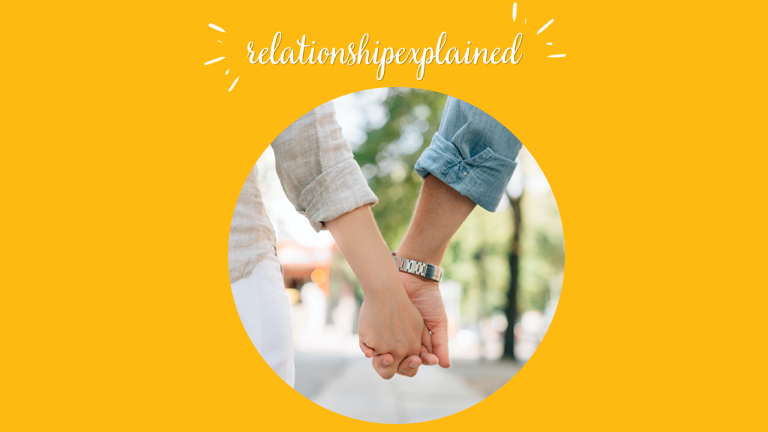How Do Dating Sites Get Your Email Address
Wondering how dating sites acquire your email address? Uncover the tactics behind online dating platforms and safeguard your privacy.
Today, with unlimited digital access right at our fingertips, it's common to wonder how dating sites get hold of your email address and why you're suddenly bombarded with spam emails.
You've signed up for an online dating site seeking to enhance your online dating experience. But those pesky emails from dating sites and affiliated networks seem never-ending.
Dating websites often partner with affiliate sites or networks to expand their reach. When you register on a dating site, your email address becomes a valuable commodity, listed in the fine print of terms and conditions. But what happens next? How do these emails find their way into your inbox?
In this article, we'll delve into the strategies dating sites employ to gather your email address, whether it's through quick registration, enticing links, or seemingly innocent unsubscribe buttons.
Registration Process On Dating Sites
The registration process on dating sites is generally straightforward.
To sign up on a dating site, visit the website and click on the "Sign Up" or "Register" button. You'll be directed to a page where you must provide personal information, such as your name, age, gender, and location. At this stage, they often ask for your email address, essential for account verification and communication.
Some dating sites may also ask for additional details, like your interests or preferences, to match you with potential partners. You'll also have to create a username and password for your account.
Be cautious while sharing your email address, as it might be used for sending promotional content or spam emails. It's essential to read the terms and conditions to understand how your email may be used. To avoid spam emails from dating sites, consider setting up mail filtering rules, and if you receive unwanted emails, report them or use the unsubscribe option.
Always protect your personal information and be aware of any phishing attack or scam through dating sites.
Affiliate Networks And Partnerships
Dating sites often collaborate with their network or affiliate sites to expand their reach and user base. These partnerships can involve sharing user data, including email addresses, with affiliated sites.
While this collaboration can help dating sites attract more users, it can also lead to an increased risk of receiving spam emails from dating-related or affiliated sites. Users should be cautious when sharing their email addresses and carefully review the terms and conditions to understand how their information may be used.
Email Marketing Strategies
Dating sites employ various email marketing strategies to engage users and promote their services. They often send emails to users' registered addresses, offering updates on matches, site features, and dating tips. While these emails aim to enhance the online dating experience, some users may perceive them as spam.
To address this, dating sites may allow users to customize their email preferences, giving them control over the frequency and type of emails they receive. Users can also report spam emails or use mail filtering rules to manage their inbox effectively.
Why Am I Getting Emails For Dating Sites?
You're receiving emails from dating sites because your email address may have been sold or shared with commercial email lists. Professional spammers use various tactics, including phishing attacks, to acquire email addresses. These emails often end up in your spam folder.
To stop them, use mail filtering rules, click the unsubscribe button (if valid), or report them to your email provider. Stay cautious and protect your personal information to avoid falling victim to scams or unwanted subscriptions.
Why Does My Husband Get Emails From Dating Sites?
Your husband may receive emails from dating sites due to spam emails or unsolicited subscriptions. Sometimes, email addresses are added to commercial email lists without consent.
It's essential to use mail filtering rules to block such messages and never click on suspicious links.
Phishing attacks can also lead to unwanted emails. Ensure your husband hasn't inadvertently subscribed or provided his email on a questionable site.
If it continues, reporting and deleting these emails can help prevent scams and unwanted subscriptions.
Should You Give Your Email Address On A Dating Site?
Exercise caution when providing your email address on a dating site. While it's essential for account verification and communication, be wary of potential spam emails, scams, and phishing attacks.
Try using a disposable email address instead and avoid sharing sensitive information like credit card details. Also, read the site's terms and conditions to understand how your email may be used by affiliated companies and networks.
How Do I Remove Emails From Dating Sites?
If you’re already a subscriber to a dating app or site, follow these steps to remove spam and real-time updates from your inbox:
- Unsubscribe: Click on the "Unsubscribe" link or button to cancel anytime and stop further emails.
- Mail Filtering Rule: Create rules to automatically move such emails to a spam folder.
- Report Spam: Utilize your email provider's "Report Spam" or "Report Phishing" feature.
- Delete and Block: Manually delete the emails and block the sender if possible.
Taking these actions should help reduce or eliminate unwanted spam email from your email list.
Recognizing Romance Scams
To identify potential romance scams in emails from dating sites, watch out for:
- Too-Good-to-Be-True Stories: Be wary of overly charming or dramatic tales.
- Requests for Money: A professional scammer or spammer often asks for financial assistance.
- Inconsistent Information: Check for conflicting details in their messages.
- Poor Grammar and Spelling: Scammers may not be proficient in the language.
Conclusion
In the realm of dating sites, safeguarding your email address is paramount. Using a disposable email address when registering on dating apps adds an extra layer of protection against spam emails and potential scams.
Equally important is carefully reading the terms and conditions of dating sites to understand how your data may be used by an affiliated site. Plus, stay vigilant against online romance scams, scrutinizing messages for inconsistencies, and refraining from sharing personal or financial information.
Your email address is a gateway to your online world; protect it wisely to ensure a safer and more enjoyable online dating experience.













